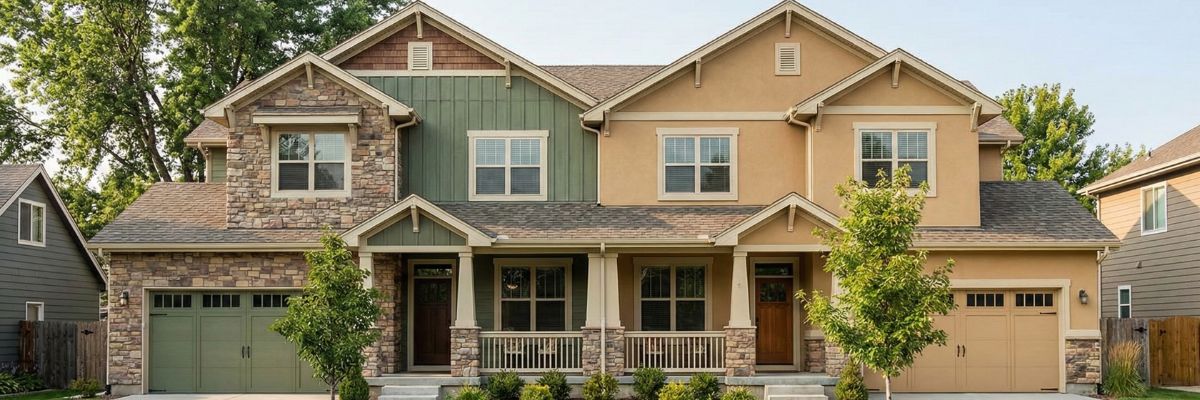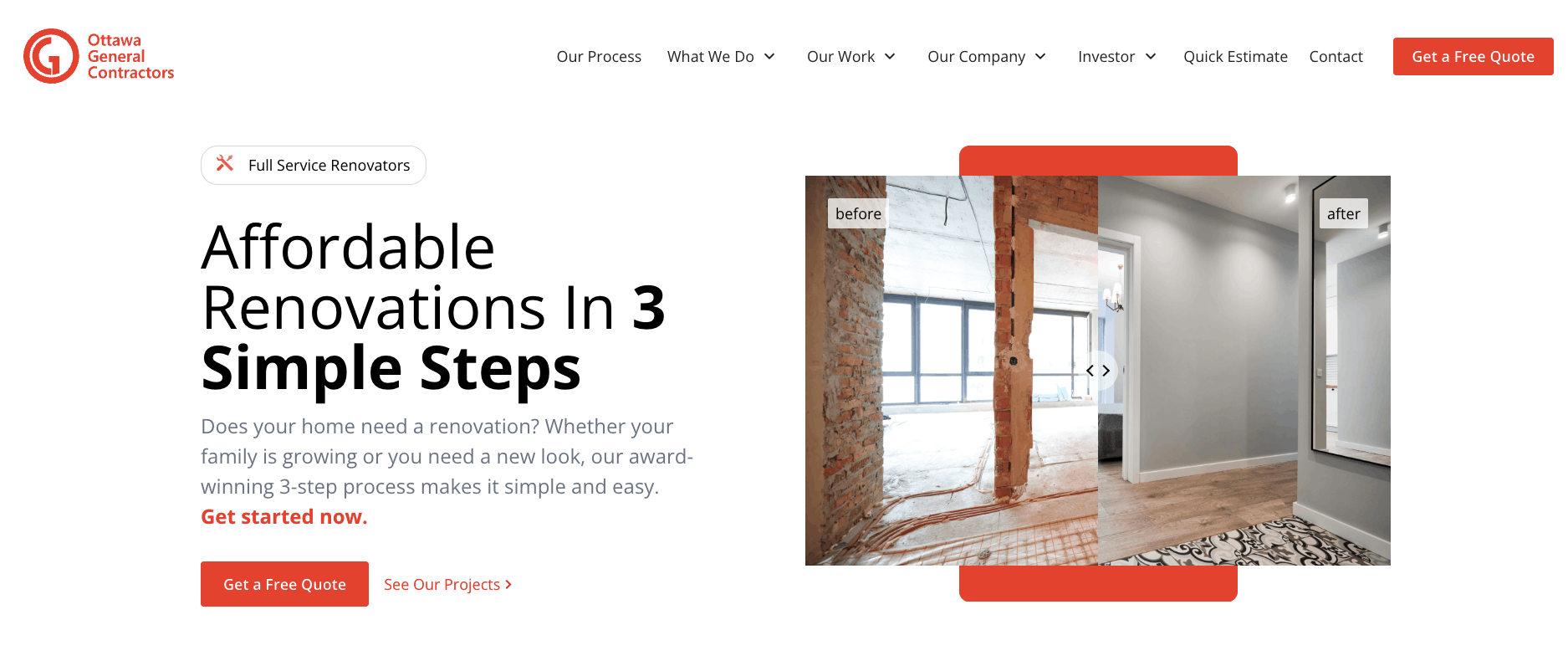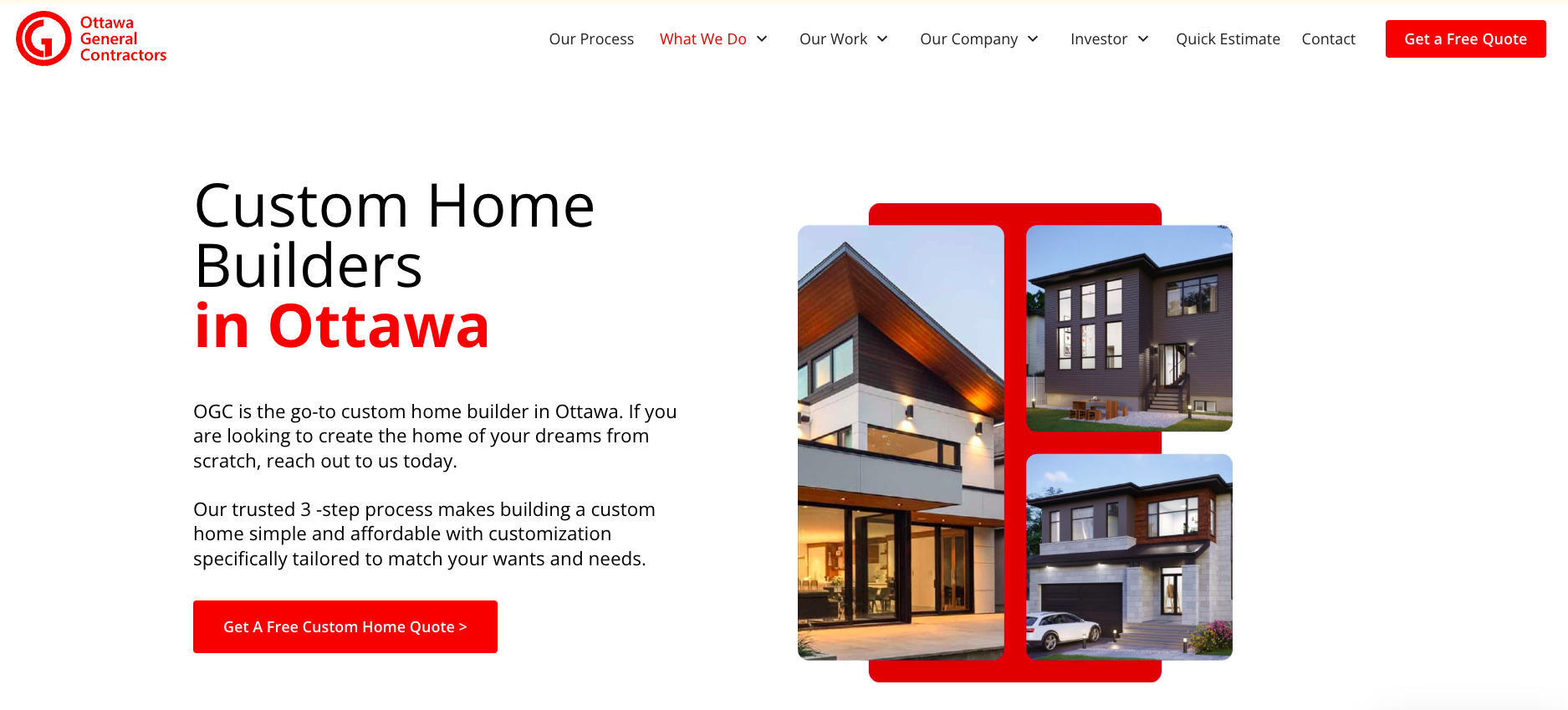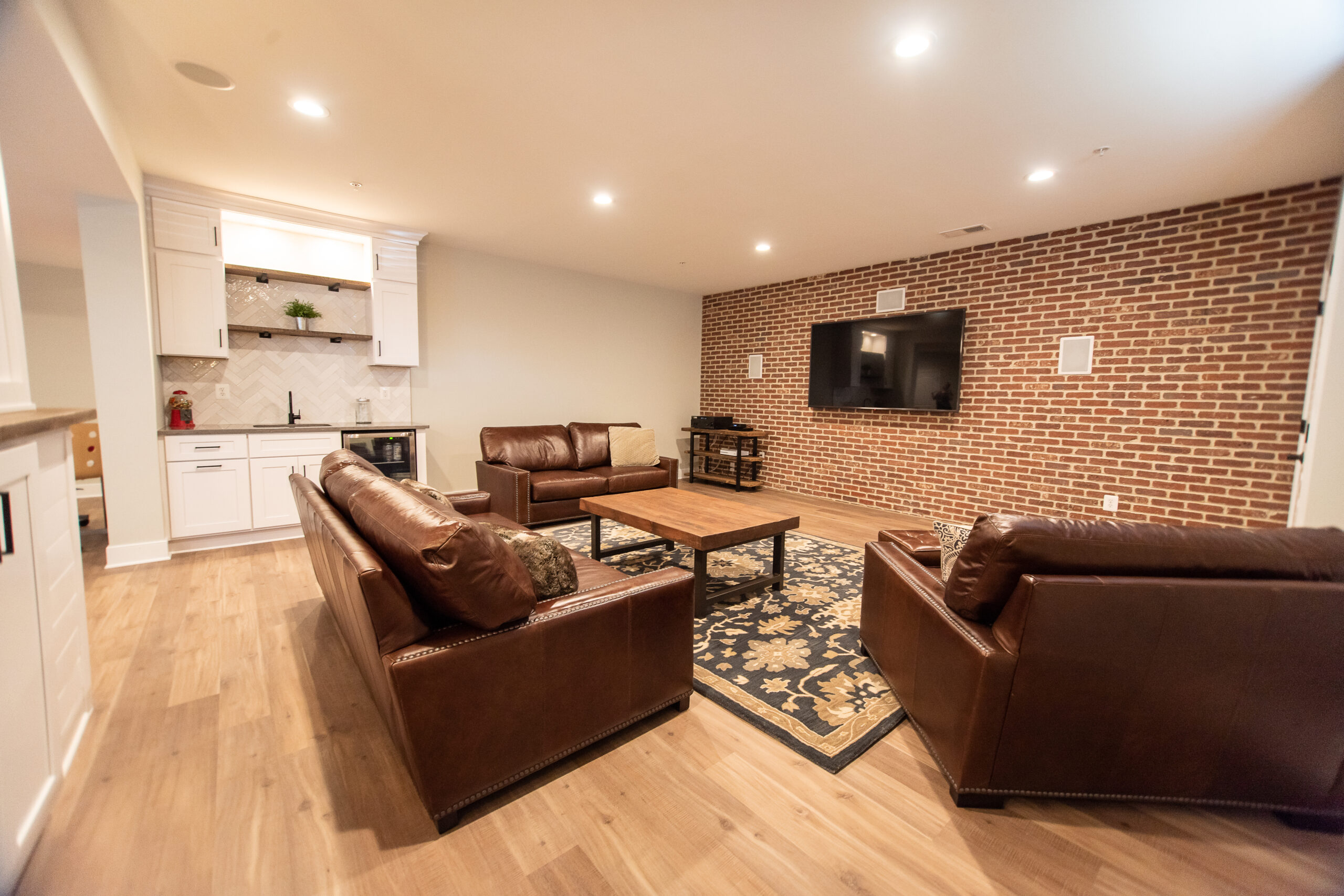How Much Does It Cost To Build A Tiny Home In Ottawa?
The average cost to build a tiny home in Ottawa is around $250,000 but can range upwards of $350,000.
The factors affecting the cost of your tiny home in Ottawa depend on the size of the tiny home, the materials and finishes chosen, the land you choose to build on and the complexity of your customizations and amenities.
Keep reading to understand the full cost of building a tiny home in Ottawa!
Cost Breakdown Of A Tiny Home In Ottawa
Factors Affecting The Cost Of Your Tiny Home Build
Several factors affect the total overall cost of your tiny house build, consider each one of these points carefully and decide what aspects of your tiny home matter the most to you.
How Big Is Your Tiny Home?
Size is one of the most important factors affecting the cost of building a tiny house. Generally, tiny homes range from 200 to 400 square feet, and the size directly impacts the amount of materials, labour, and time required for construction. As the square footage increases, so do the associated costs.
Smaller Tiny Homes (200–400 square feet):
Homes on the smaller end of the spectrum, around 200 to 400 square feet, are more affordable. These minimalist designs require fewer building materials, which can significantly reduce the total cost.
Additionally, the smaller space may involve less time and labour during construction, particularly if you’re building it yourself.
For very basic and small houses, costs can start as low as $150,000 to $200,000, especially for standard designs with minimal site work, such as regrading difficult grades.
These homes are typically designed for individuals or couples who prioritize efficiency and are willing to sacrifice some amenities for cost savings.
Mid-Sized Tiny Homes (450–550 square feet):
Tiny houses in the mid-range, around 450 to 550 square feet, strike a balance between affordability and livability. They offer more room for essential features like a sleeping loft, a small kitchen, and a bathroom, but still remain within the affordable range.
The additional space allows for better storage and layout options, which can be particularly useful for long-term living.
Costs for mid-sized tiny homes can range from $250,000 to $300,000, depending on materials, finishes, and whether the home is custom-built or prefabricated. The increased size may also allow for more comfort and flexibility without drastically increasing the budget.
Larger Tiny Homes (600–1000 square feet):
On the larger end, tiny houses between 600 and 1000 square feet offer more living space and are often designed for families or those who want a more spacious interior. These homes can include extra features such as a larger kitchen, a full bathroom, and even multiple rooms or loft spaces.
However, with the increased size comes a significant increase in materials, labour, and customization options. Larger tiny houses may also require additional structural considerations, such as more robust foundations or framing.
The cost for these larger builds can range from $350,000 to $500,000, especially for luxury or custom designs that include high-end finishes and additional amenities.
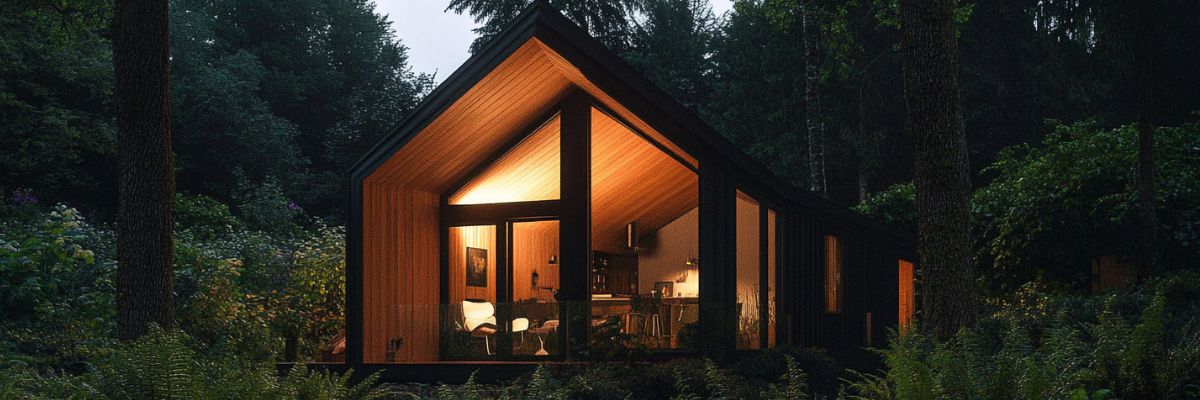
What Materials Is Your Tiny Home Is Built From?
The choice of building materials plays a major role in the total expense of constructing a tiny house. There are a wide variety of materials available, from budget-friendly to high-end premium choices.
Budget-Friendly Materials:
Using affordable or reclaimed materials is one of the most effective ways to reduce construction costs. For instance, using recycled wood, salvaged windows, or second-hand doors can cut down material expenses by 20% to 30%. These materials can often be found at salvage yards or online marketplaces and are ideal for those aiming to build an eco-friendly home while saving money.
Plywood, for example, is a cost-effective alternative to more expensive hardwood options. Similarly, vinyl siding is cheaper than fiber cement or wood siding, yet still offers good durability.
Example: A basic tiny home built with standard materials like vinyl flooring and laminate countertops can keep costs down while still providing functionality.
Premium or Eco-Friendly Materials:
On the higher end, premium materials like sustainably sourced hardwood, cedar siding, or steel frames can drive up costs significantly. These materials are often chosen for their aesthetics, longevity, or environmental impact, but come with higher price tags.
For instance, bamboo flooring, energy-efficient windows, or solar panels might cost more upfront, but they offer long-term benefits in terms of sustainability, durability, and lower utility bills.
Eco-conscious buyers may opt for insulation made from natural fibers like sheep's wool or cork, which are more environmentally friendly but can also be more expensive than traditional options like fiberglass or foam.
Example: A tiny house outfitted with premium materials like cedar cladding, reclaimed hardwood floors, and quartz countertops will not only elevate the home's appearance but also raise the cost considerably.
What Amenities Do You Need To Live In Your Tiny Home?
The amenities chosen for a tiny home, such as appliances, fixtures, and energy systems, can also significantly affect the cost. From essential utilities to high-end luxury features, these choices will influence both the upfront investment and long-term living experience.
Basic Amenities:
A basic tiny home includes essential features such as a simple kitchenette, a bathroom with a shower, and basic appliances like a stove, fridge, and water heater. These homes are designed for functionality and affordability. Using compact or combination appliances (like washer/dryer combos or mini-fridges) can help save both space and money.
Example: A budget-friendly tiny home might include basic electric or gas appliances, LED lighting, and standard toilets, which could cost between $15,000 and $25,000 in total for appliances and amenities.
High-End Amenities:
Luxury or high-tech amenities can push the cost of a tiny home much higher. Features like solar panels, energy-efficient HVAC systems, or smart home technology (automated lighting, security systems, etc.) add both convenience and sustainability but come at a premium price. Additionally, high-end kitchen appliances like built-in ovens, dishwashers, and full-sized refrigerators, or luxury bathroom fixtures like rainfall showers and soaking tubs, can raise costs.
Example: A tiny home with luxury amenities such as radiant floor heating, custom cabinetry, high-end appliances, and smart home integration could easily add $80,000 to $100,000 or more to the overall cost.
Space-Saving Furniture and Fixtures:
In a tiny home, space-saving solutions are often necessary to make the most of limited square footage. This can include fold-out beds, built-in seating with storage, or multi-functional furniture like tables that convert into desks. While these solutions maximize usability, custom-built or specialized furniture can add to the overall budget.
Example: A tiny home with a custom Murphy bed, built-in shelves, and fold-out furniture can increase costs by several thousand dollars.
Is It Cheaper To Buy Or Build A Tiny House?
Whether it’s cheaper to buy a pre-built tiny house or have a contractor build one depends on several factors, including design preferences, customization needs, material choices, and the location. Let’s examine the cost breakdown and considerations for both options:
Buying a Pre-Built Tiny House: Pros and Cons
Pros:
- Lower Upfront Costs: A pre-built tiny home, especially a prefabricated model, generally costs less upfront than hiring a contractor for a custom build. Prefab models can range from $50,000 to $100,000 for basic designs, making them more accessible for those on a tighter budget.
- Immediate Availability: Pre-built homes can be delivered quickly, and since they’re already constructed, you avoid the waiting period that comes with building from scratch. This is ideal for those looking to move into their home quickly.
- Designs: With a pre-built home, you know the final design before purchasing, and there are fewer risks of design errors.
Cons:
- Limited Customization: Buying a pre-built home means you’ll have limited customization options. While some prefab homes offer choices in finishes and layouts, you won’t have as much control over the design as you would with a custom build.
- Quality and Longevity: Some pre-built homes, especially lower-cost models, may be built with lower-quality materials or methods to keep costs down. This could lead to higher maintenance or repair costs down the road.
- Unaccounted Costs: If the home is built off-site, you may have to pay for delivery and setup, which can add to the overall cost, depending on your location. The price never includes site works, such as grading, foundation or services like water, sewer and gas.These costs start at about $50,000 and can cost up to $150,000+
Hiring a Contractor to Build a Tiny House: Pros and Cons
Pros:
- Complete Customization: When you hire a contractor to build your tiny home, you have full control over the design, layout, materials, and features. This allows you to create a home tailored to your exact needs and preferences, including high-end finishes or eco-friendly materials.
- Higher Quality: Contractors can use higher-quality materials and techniques to ensure that your home is durable and built to last. You can also incorporate specialized amenities like solar panels, smart home features, or custom cabinetry, which might not be available in pre-built models.
- Local Expertise: Contractors can navigate local building codes and zoning regulations more efficiently, ensuring that your tiny home meets all legal requirements. They can also handle site preparation and utility hookups, reducing the stress of managing the project yourself.
Cons:
- Higher Costs: Custom-built tiny homes typically cost more than pre-built models due to labor, materials, and customization. Contractor-built homes usually range from $30,000 to $50,000 or more, depending on the size, materials, and design complexity.
- Longer Timeline: Building a tiny house from scratch takes time, often 4-6 months, depending on the complexity of the project. Delays due to weather, supply chain issues, or unexpected complications can extend the timeline, adding to the cost of the build.
- Risk of Cost Overruns: While you may start with a budget, unexpected expenses often arise during construction. Customizations, upgrades, and unforeseen issues with site preparation or permits can drive the price higher than initially expected.
Cost Comparison: Buying vs. Hiring a Contractor
- Buying Pre-Built Tiny House:some text
- Cost: $25,000 – $70,000 (prefab and ready-made models)
- Customization: Limited
- Timeline: Immediate or short waiting period
- Risks: Unaccounted/ Unexpected costs of $50,000-$150,000
- Hiring a Contractor to Build:some text
- Cost: $200,000 – $350,000+ (depending on customization)
- Customization: Complete flexibility
- Timeline: 4-6 months (depending on complexity)
- Risks: Potential for cost overruns due to unforeseen issues
If you're looking for the most cost-effective option and are satisfied with basic or prefabricated designs, buying a pre-built tiny home appears as the cheaper choice, but hass additional costs and coordination items to consider. However, if the stars align you get a ready-to-move-in home without the risk of cost overruns or delays.
Alternatively, if you want a home that’s fully customized to your needs and you're willing to pay for it, hiring a contractor to build your tiny home offers much more design freedom and higher-quality construction, though it comes at a higher price and a longer timeline.
What Is The Most Expensive Part Of Building A Tiny Home?
When building a tiny home, labour and materials are the largest expenses. Hiring professionals such as contractors, electricians, and plumbers can account for 30% to 60% of the total cost, especially if your design includes custom features like built-in furniture or unique layouts.
While a DIY approach can reduce labour costs, certain tasks like wiring and plumbing often require professional assistance, adding to the overall expense. The choice of materials also plays a big role in costs.
Premium or eco-friendly options like hardwood floors, stone countertops, and reclaimed wood are more expensive than basic alternatives such as vinyl or laminate. Custom finishes and high-end fixtures further increase the budget.
In short, labour and materials will be the most expensive aspects of building a tiny home, particularly when opting for custom designs and high-quality materials.
Do Tiny Homes Hold Their Value?
Several factors affect their long-term value, such as location, with tiny homes on owned land or in desirable areas holding value better. The quality of construction and materials used also impacts value, and proper maintenance is essential for preserving a tiny home’s worth over time. On the other hand, some sources suggest that tiny homes may not retain value as well as traditional homes, particularly those on wheels, which can depreciate like RVs or trailers.
While tiny homes may not appreciate like traditional houses, they can hold their value well when properly built, maintained, and located in favourable areas. The growing popularity and demand for tiny homes also contribute to their potential for value retention.
Takeaway
In Ottawa, the average cost of a tiny home is around $250,000, with more customized and luxurious options ranging upwards of $350,000. Whether you're looking for a simple, budget-friendly build or a fully customized tiny home, there are plenty of options to fit your needs and lifestyle.
If you're considering building a tiny home in Ottawa, reach out to Ottawa General Contractors for a free, no-obligation quote. Our experienced team can help you design and build the perfect tiny home that suits your vision and budget. Contact us today to get started on your dream tiny home project!

.svg)
.jpg)
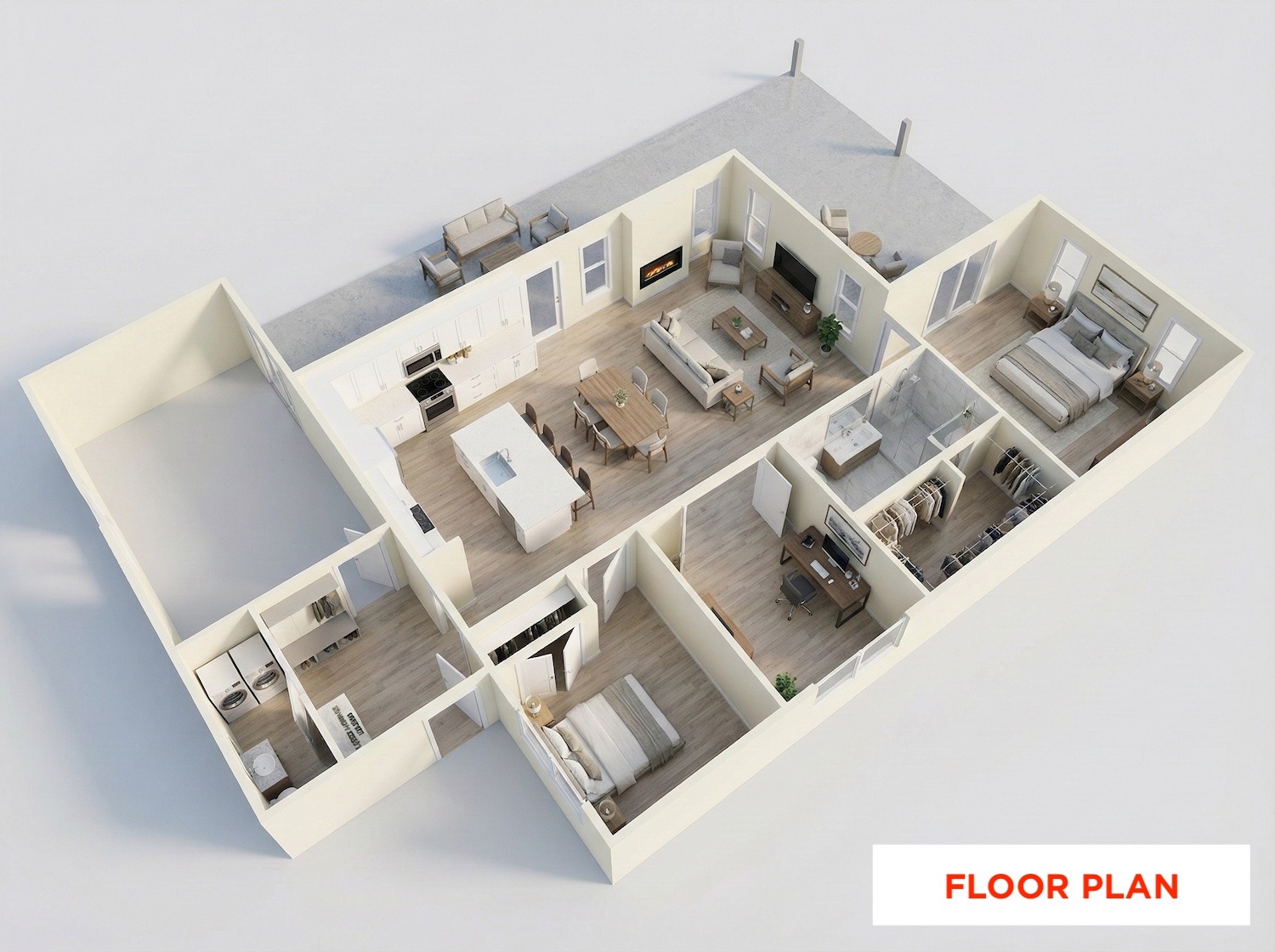
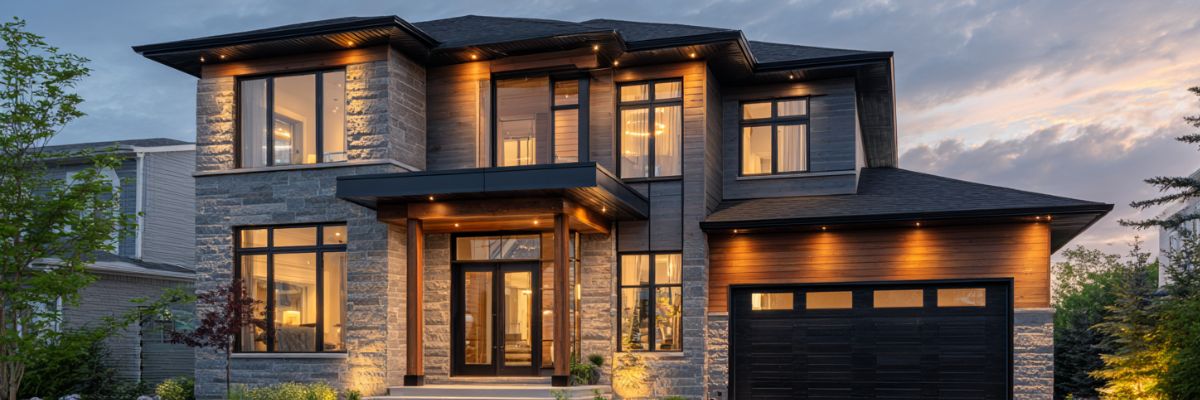
.jpg)
